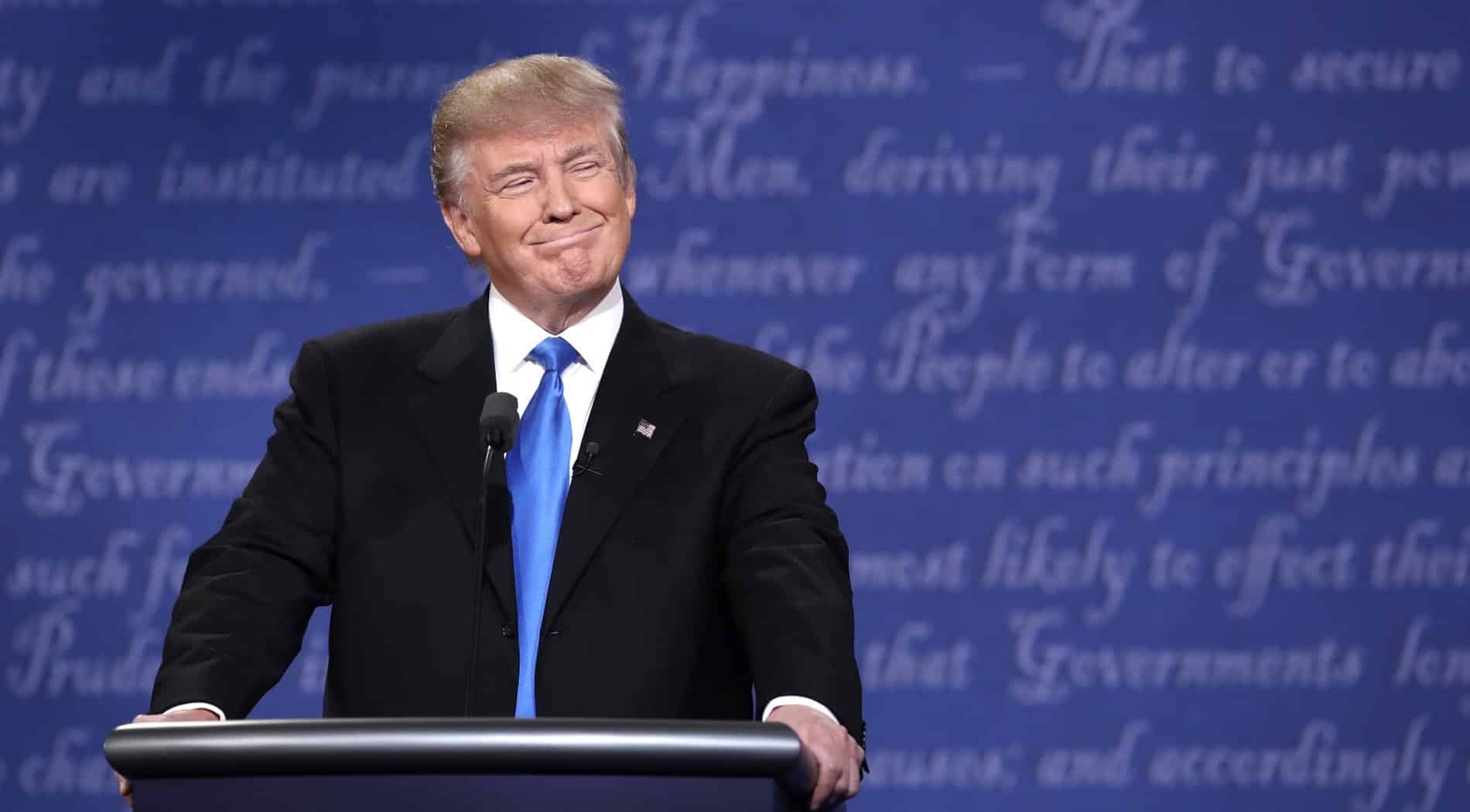OPINION: This article may contain commentary which reflects the author's opinion.
A federal judge has handed former President Donald Trump a victory in his ongoing legal battle with the Biden Justice Department over documents seized by the FBI during an early August raid on his Mar-a-Lago estate.
U.S. District Judge Aileen Cannon, who was appointed by the former president, struck down a ruling by Special Master Raymond Dearing which said that Trump must provide any “final” objections or arguments regarding the seized documents from the unprecedented raid, Fox News reported.
The outlet notes further:
Last week, Dearie asked the Trump team that by no later than Sept. 30 to provide a declaration of the affidavit that includes a list of any specific items in the property inventory that they assert were not seized from the premises; a list of items that were seized but to which the description of the contents or the location of the item was incorrect; and a list and description of any item that Trump’s legal team asserts was seized but is not listed in the property receipt.
“This submission shall be plaintiff’s final opportunity to raise any factual dispute as to the completeness and accuracy of the Detailed property inventory,” Dearie wrote in his instructions last week.
But Cannon, who agreed to a Trump request for a special master and appointed Dearie, reviewed the order and determined that there “shall be no separate requirement” for the former president “at this stage, prior to the review of the Siezed Materials, to lodge ex ante final objections to the accuracy of Defendant’s Inventory, its descriptions, or its contents,” according to Fox News.
“The Court’s Appointment Order did not contemplate that obligation; Defendant since has complied with the requirement to attest to its now-revised inventory and the parties and the Special Master are situated to proceed forward with the process pending exchange of the actual materials,” Cannon noted further in her order.
“Should any additional matters surface during the Special Master’s review process that require reconsideration of the inventory or the need to object to its contents, the parties shall make those matters known to the Special Master for appropriate resolution and recommendation to this Court,” she noted further.
In his own filing last week, Dearie said he has “determined that the efficient administration of the Special Master’s duties requires the assistance of the Honorable James Orenstein (Ret.), a former United States Magistrate Judge for the Eastern District of New York, who has experience with complex case management, privilege review, warrant procedures, and other matters that may arise in the course of the Special Master’s duties.”
He noted that Orenstein has served as “an appointed amicus curia in the Foreign Intelligence Surveillance Court” and “currently holds Top Secret clearance.”
It should be noted that “Dearie, who also served on the Foreign Intelligence Surveillance Court, signed off on a FISA warrant to surveil Trump campaign aide Carter Page — before the FBI misconduct surrounding that application was discovered,” Fox News added.
Last week, Dearie, who is charged with reviewing some 11,000 records the FBI seized from Trump, said he does not want to see classified records.
“Let’s not belittle the fact that we are dealing with at least potentially legitimately classified information. The government has a very strong obligation, as all of us, to see it to that information doesn’t get in the wrong hands,” said U.S. District Judge Raymond Dearie during a federal court hearing.
“It’s not just a matter, it seems to me, of being cleared. It is a matter of need to know. And if you need to know, you will know,” said Dearie. “That’s the way I see it. If I can make my judgments without—I don’t want to see the material—it’s presumably sensitive material. If I can make my recommendation to Judge Cannon, right or wrong, without exposing myself or you to that material, I will do it. On the other hand, if I can’t, we have to take another alternative.”
Dearie also gave the former president an opportunity to prove claims of planted evidence.
